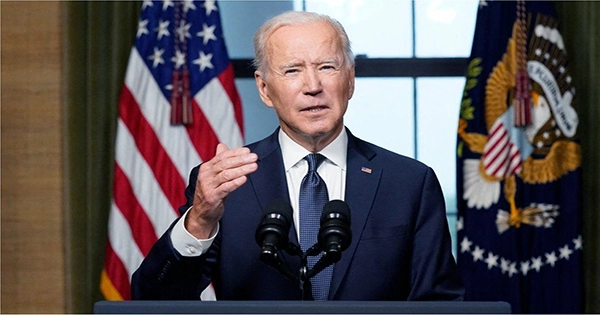The government stated today that the UK is speeding up the implementation of measures that could see tech CEOs put to prison if their companies fail to comply with upcoming safety-focused internet content regulations. The most recent amendments to the proposed law include a drastically shorter time limit for enforcing criminal culpability against top tech executives who refuse to cooperate with regulator information demands – down to only two months after the legislation is approved. (And, with a huge majority in the House of Commons, the forthcoming Online Safety legislation, which has been in the works for years, might become law this year.)
While the draft bill, which was released in May 2021, has already undergone a number of changes — with more to come today – the underlying strategy has stayed rather consistent: The government is introducing a dedicated framework to control how social media companies and other content-focused platforms must respond to certain types of problematic content (not just illegal content), which will include a regime of Codes of Practice overseen by the media and communications regulator, Ofcom, in a vastly expanded role, as well as hefty powers to fine rule-breakers up to 10% of their global annual turnover.
The government’s focus, as the bill’s name suggests, is on a broad “de-risking” of internet platforms, which means the bill aims to address not just explicitly illegal content (such as terrorism or child sexual abuse material, or CSAM), but also how the largest internet platforms should handle “legal but harmful” online content, such as trolling. For years, child safety advocates have pushed for digital companies to be obliged to remove harmful information.
The government gradually, then swiftly, adopted this populist cause, claiming that the bill’s declared goal is to make the United Kingdom the safest place in the world to go online, pounding a child-protection drum loudly. However, it has acknowledged that effective control of such a vast sector has significant problems.
The updated draft bill will be tabled in parliament on Thursday, setting off a larger, cross-party discussion of the controversial yet populist idea to impose a “duty of care” on social media firms and other platforms that contain user-generated information. The initiative has widespread (but not unanimous) support among UK legislators. In a statement, Digital Secretary Nadine Dorries remarked on the bill’s submission to parliament: “The internet has made a positive difference in our lives.” It has brought us together and given us power.
On the other hand, when violence, abuse, and criminal behavior have run rampant on their platforms, digital companies have not been held accountable. They were instead entrusted to mark their own coursework. “When we tighten our seat belts to protect ourselves while driving, we don’t give it a second thought. Given the numerous dangers that exist online, it is only reasonable that we implement comparable fundamental safeguards for the digital era.
If we do nothing, the well-being and innocence of many generations of children will be sacrificed to the might of unregulated algorithms. “Since assuming office, I’ve listened to individuals in politics, society, and industry, and enhanced the law so that we can achieve our main goal: to make the United Kingdom the safest place to go online.”
















